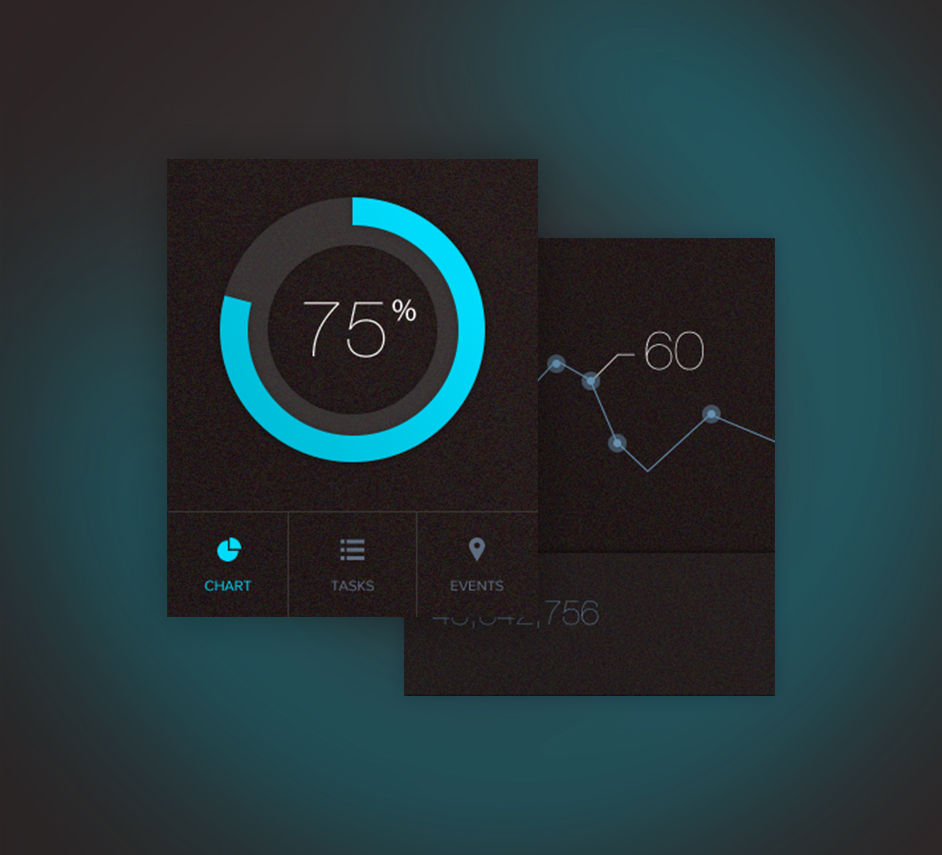Rethinking Your Competitive Set: Moving Beyond Traditional Benchmarks for a Strategic Advantage
- Optima Danışmanlık

- Feb 4, 2025
- 3 min read
In today’s fast-evolving hospitality industry, maintaining a competitive edge requires more than just traditional benchmarking. Hotels that limit their competitive analysis to direct competitors may miss significant market opportunities and emerging threats.
In this article, we will explore why it is crucial to redefine your competitive set, take inspiration from different industries, and implement customer-focused strategies to ensure sustainable growth.
1. The Limitations and Risks of Traditional Competitive Benchmarking
Many hotels assess their competitive standing based only on similar properties within their geographical market or category. While this approach provides useful insights, it also comes with several limitations:
1.1. What is Traditional Competitive Benchmarking?
Traditional benchmarking involves comparing pricing, service quality, and guest satisfaction with other hotels of similar scale and offering. However, this method has significant drawbacks:
• Limited Perspective: Focusing only on direct competitors means missing out on disruptive trends and alternative market dynamics.
• Lack of Innovation: When all businesses in a sector follow similar strategies, differentiation becomes challenging.
• Failure to Adapt to Market Changes: Consumer behavior and technological advancements rapidly transform the market, making traditional comparisons insufficient.
1.2. The Need for a Broader Approach
Instead of limiting yourself to traditional benchmarking, hotels should expand their competitive set to include emerging market trends, alternative accommodations, and cross-industry innovations.
2. Expanding Your Competitive Set: A New Strategic Approach
To gain a competitive edge, you must not only compare your hotel to other hotels but also analyze new and evolving market forces.
2.1. Learning from Other Industries
Successful businesses often draw inspiration from industries outside their own. Here are some examples:
• Technology Industry: How can AI and big data analytics enhance guest experiences in hotels?
• E-commerce & Retail: What lessons can be learned from personalized marketing and loyalty programs?
• Healthcare Industry: Can personalized service models be adapted for hospitality?
Studying these industries can help you develop innovative and forward-thinking strategies.
2.2. Identifying Alternative Competitive Factors
Modern hotels compete not only with other hotels but also with alternative accommodation solutions and digital platforms. These include:
• Short-term rental platforms (e.g., Airbnb, Vrbo)
• Experience-based tourism services
• Co-working and remote work-friendly accommodations
• Online Travel Agencies (OTAs) like Booking.com & Expedia
Expanding your perspective to analyze these alternative competitors will help shape more effective business strategies.
3. Creating a Customer-Centric Competitive Advantage
Today’s guests expect more than just a place to stay; they seek unique experiences, personalization, and seamless interactions. A customer-focused strategy is key to sustainable competitive advantage.
3.1. Prioritizing Guest Experience
Enhancing guest experience goes beyond offering luxury amenities. To build loyalty and satisfaction, hotels should:
• Personalize Services: Use guest data to offer tailored experiences.
• Implement Real-Time Feedback Mechanisms: Continuously improve services based on guest input.
• Introduce Loyalty Programs: Reward repeat guests to enhance retention.
3.2. Leveraging Data and Analytics
By utilizing data analytics and AI-driven insights, hotels can:
• Optimize pricing strategies with dynamic pricing models.
• Personalize marketing campaigns based on guest preferences.
• Identify emerging trends and adjust strategies proactively.
Hotels that successfully leverage data gain a competitive edge in customer satisfaction and revenue management.
4. Technology as a Competitive Advantage
Embracing digital transformation is no longer optional—it is a necessity for staying ahead in the hospitality industry.
4.1. Strengthening Digital Marketing Strategies
To enhance online visibility and direct bookings, hotels must invest in:
• SEO Optimization: Ensure higher ranking on search engines.
• Social Media Advertising: Target potential guests through paid campaigns.
• Google Hotel Ads & Metasearch Strategies: Improve direct conversion rates.
4.2. Automating Processes for Efficiency
Automation and AI-driven tools enhance both operational efficiency and guest satisfaction:
• Self-check-in and digital concierge services
• AI-powered customer support chatbots
• Automated revenue management systems
Investing in technology enables hotels to streamline operations and improve guest experiences simultaneously.
Conclusion: Redefining Your Competitive Set for Long-Term Success
Moving beyond traditional competitive benchmarking allows hotels to anticipate market shifts, adopt innovative strategies, and strengthen guest engagement.
• Explore cross-industry insights to drive innovation.
• Implement customer-centric strategies for increased guest satisfaction.
• Leverage technology to optimize efficiency and maximize revenue.
At Optima Online Hotel Management, we provide expert guidance to help hotels navigate digital transformation, maximize revenue, and gain a sustainable competitive advantage.




Comments